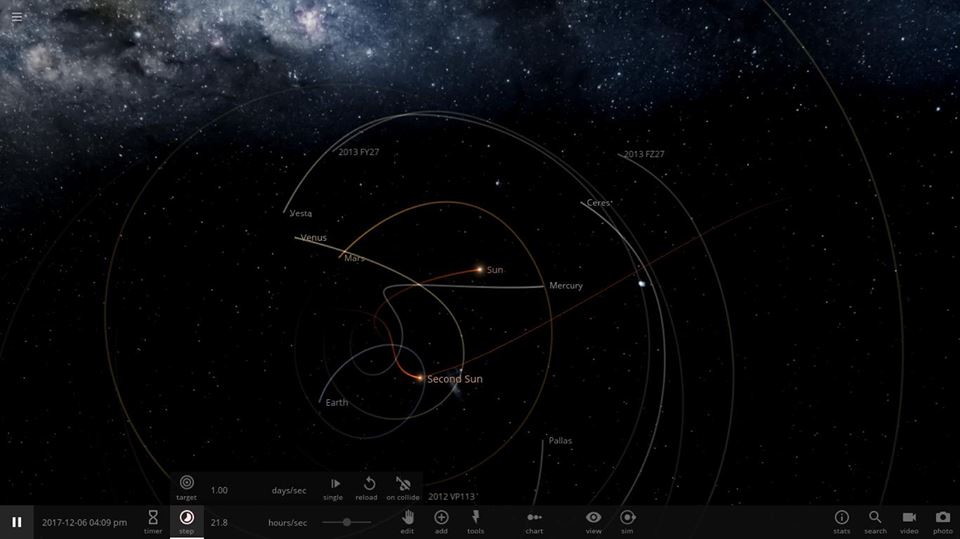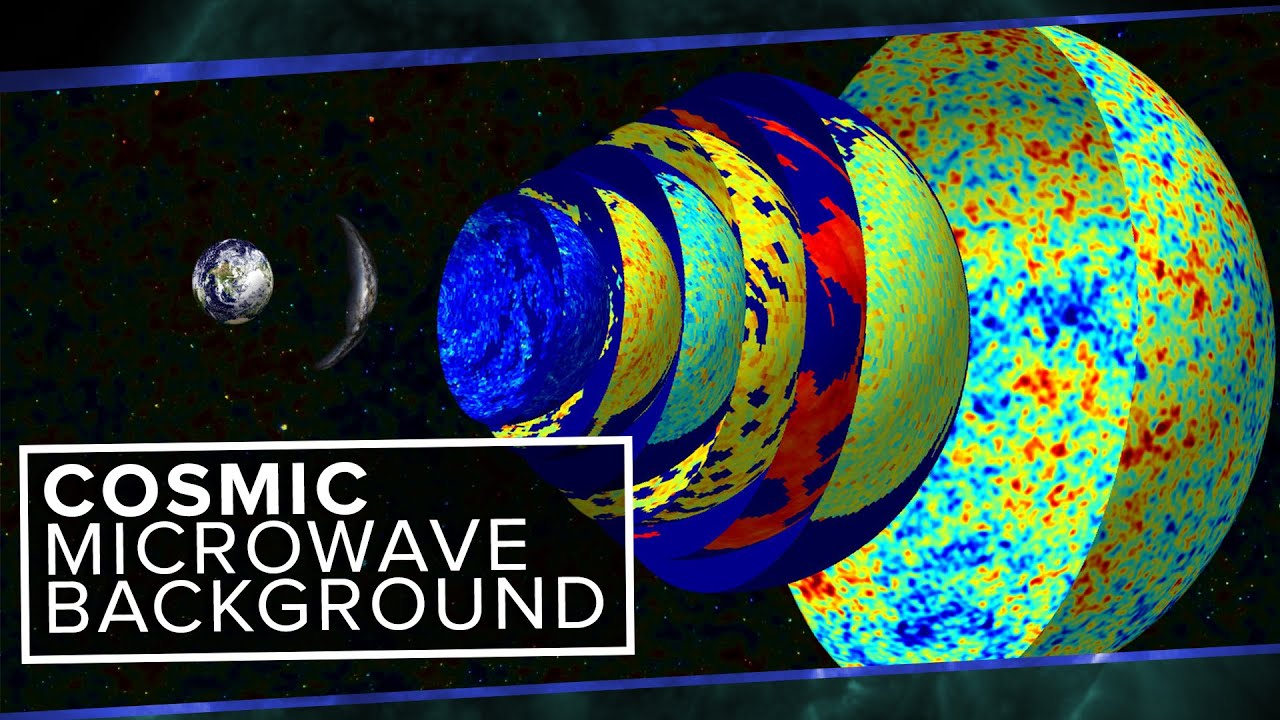That which is desired is impermanent! That which is not desired - in cyclic existence - is impermanent. Everything in this world ceases - things get recycled etc.
I thought how liberation happened is when we lose desire for anything - subtle or gross. Particularly, the craving for existence!
We can see the shortcomings of desire when we ‘desire less’. We feel happier when we seek less and crave less. Is that not sufficient motivation to renounce worldliness. Do we need a stick or a carrot?
Aversion for existence is the flip-side of craving for existence. It’s another kind of craving - the craving for non-existence - correct?
How do we discriminate between Nibbida - as described in the EBT’s - and escapism?
Subtle and gross things still exist - after a being awakens - and can serve a useful purpose if they are used to serve, help, and awaken others - when they are related to skilfully without attachment.
When we see the uselessness and meaninglessness of desires it does not mean we throw away things that serve a useful purpose.
We still appreciate and take care of our bowls and robes and dwelling places and cars and tractors and property etc. Without all this unreliable stuff where would we live, how would we be able to live a good life?
All this impermanent phenomena can either help or hinder depending on our relationship to it - correct? How could we seek the deathless, why would we even bother, if things were not unreliable and impermanent?
If there was no dukkha how would there be the realisation of its ending?
Pain serves a purpose - when people feel no pain they don’t realise what to avoid (effectively). They may get burned or injured ‘unknowingly’ and fail to move away from the danger in time.
There are people who have no pain receptors or, they don’t work. They get knocked about and damaged and don’t realise what has happened until the damage is done.
It’s dangerous not feeling pain! Without it how would we know the importance of empathy and compassion? Why would an awakened being teach if there was no suffering and no ending of suffering?
Cyclic existence simply ‘is’ and it inevitably involves pain and difficulty, sometimes small sometimes humungous.
What we do about that is important - that much I understand.
I don’t see much of a point in being sickened by it and as a consequence, wanting to run away, escape or, register a complaint. There is no one in the ‘Complaints Department’.
There is nobody ‘driving the bus’ - nobody is driving our lives. Should I blame myself if the bus careers into a wall or, over a cliff? It has to happen sooner or later! Life is very messy - that’s a fact - it can be catastrophic and … what do I do with that situation?
I am not being argumentative these are genuine questions I have about the teachings.



